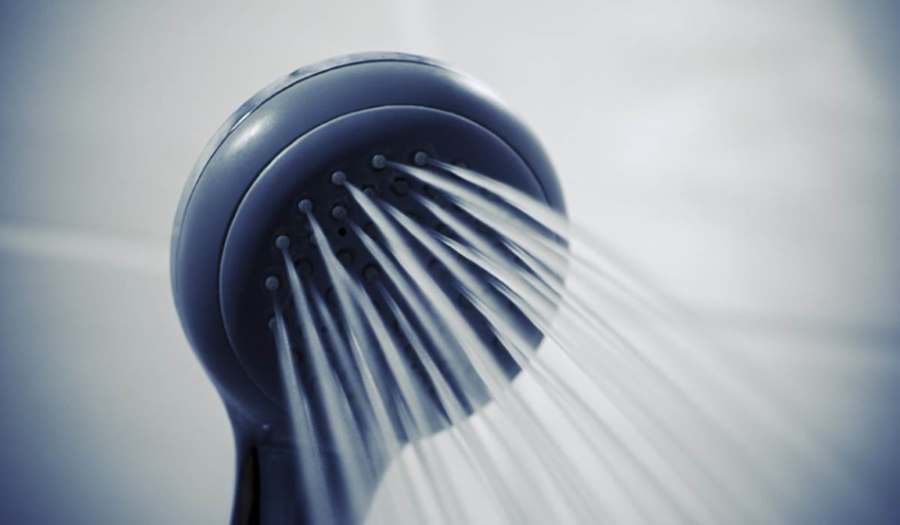Smart Intimate Hygiene
Cleaner is not better!
A healthy vagina is acidic and densely populated with lactic acid bacteria. The natural vaginal flora plays an important role in defending against harmful bacteria and fungi. The pH value of a healthy vagina is between 3.8 and 4.4. This acidic environment creates poor living conditions for foreign germs and also serves as a protective barrier against vaginal infections and bladder infections.
If the acidic environment in the vagina is disrupted (for example, due to excessive intimate hygiene), the beneficial lactobacilli are inhibited in their development, and pathogenic germs can multiply much more easily.
Vaginal infections or even bladder infections can also be caused by poor hygiene. So, the question arises: Where is cleanliness helpful, and what should you not overdo?
You’ll be surprised how much I can tell you about this topic. But to sum it up, I can already tell you:
- Less is more: Water or unscented intimate wash lotion
- No product with perfume
- Natural fibers (cotton) instead of synthetic fibers
- Anal hygiene: Clean bottom
- Hand hygiene: Clean hands
- Breathable & dry
If you follow these few basic rules for everything related to your private parts, you’ll be on the safe side - Especially when you're fighting an acute bladder infection.
In general, my principle for all measures is always "The less necessary, the better". For an acute or recurring bladder infection, it’s best to follow all the recommendations very closely. If you're in the maintenance phase, then you can experiment with the rules. Find out what your individual minimum set of rules is when it comes to handling your bladder, by gradually reducing the strictness or number of rules. After each step, check how you're doing with it.

The pH Value Must Be Right
If the acidic pH value of the vaginal flora is disrupted, pathogens can more easily enter the urethra and trigger a bladder infection. Not only factors like stress, hormonal fluctuations or antibiotic use irritate the vaginal flora, but improper intimate hygiene can also disturb the acidic environment.
The cleaning routine down-under should be as follows:
- Daily
- With lukewarm water or intimate care products with lactic acid * (pH value between 3.8 and 4.4), no perfume, no soap.
- Only use hands for washing, no sponges or similar tools.
- Only clean the outer vaginal area, vaginal douching is unnecessary and destroys the vaginal microbiome.
- Dry off with a separate towel (from 60° laundry - germs and fungal spores can survive quite a bit).
- Better to shower than take a full bath. If you do bath, avoid bath additives, just water & oil.
Neglected Toilet Hygiene
Aside from excessive intimate care, poor cleanliness is also not ideal – particularly on the toilet.
- Before and after using the toilet, wash your hands
- Wiping technique: Always wipe from front to back (this prevents the transfer of intestinal bacteria to the vagina)
- No perfumed toilet paper
- Beware of wet toilet paper: Only for anal hygiene, often contains pH-irritating fragrances and preservatives
- Beware of bidet toilets: Only for anal hygiene
- Beware of public toilets or sauna benches: No direct skin contact
- Insider tip HAPPYPO Po Dusche*: Clean yourself after peeing with pure water from a "Bidet-to-go". Then gently pat dry with a towel.
Menstrual Hygiene
Cleanliness is a must here.
- Hand hygiene: Always and everywhere - washing hands is key
- Frequent changing of hygiene products (tampons, pads, menstrual cups)
- Beware of panty liners: Often contain fragrances, plastic, adhesives (trapped body heat and moisture create an ideal climate for bacteria)
- Tampons: Prefer the organic variety
I personally like organic tampons and occasionally use Cosmea® panty liners.
Intimate Care
Tips for everything beyond simple intimate cleaning.
- Only use medical skin protection creams (e.g. Deumavan® Protection Cream*, Vagisan® Protection Ointment*, Vagisan® Moisturizing Cream*, ) to care for the outer intimate and anal area. Alternatively, you can use fragrance-free oils rich in Vitamin E (e.g. argan oil, almond oil). Be cautious with coconut oil - although it has anti-inflammatory and wound-healing properties, it can dry out the skin.
- Intimate sprays are a No-Go!
- 60° wash cycle for towels and underwear (at least during acute or recurring urinary tract infections)
- No fabric softener (alternative: briefly dry wet laundry in the dryer & then hang it up immediately)
- Change your underwear daily
- Wear underwear made from breathable cotton or at least with a gusset made of natural fibers
- Beware of thongs: They rub bacteria from the anal area to the vagina
- Beware of wet or sweaty underwear: Change immediately
- Beware of intimate shaving: It's better to use electric razors – razor blades can injure the skin barrier, and shaving foam disrupts the pH balance
- Beware of tight pants: They cause a moist and warm vaginal environment, and a tight waistband can impair circulation
- Beware of long baths: Protect the anal-genital area with a rich fat cream, e.g. Deumavan® Protection Cream*







